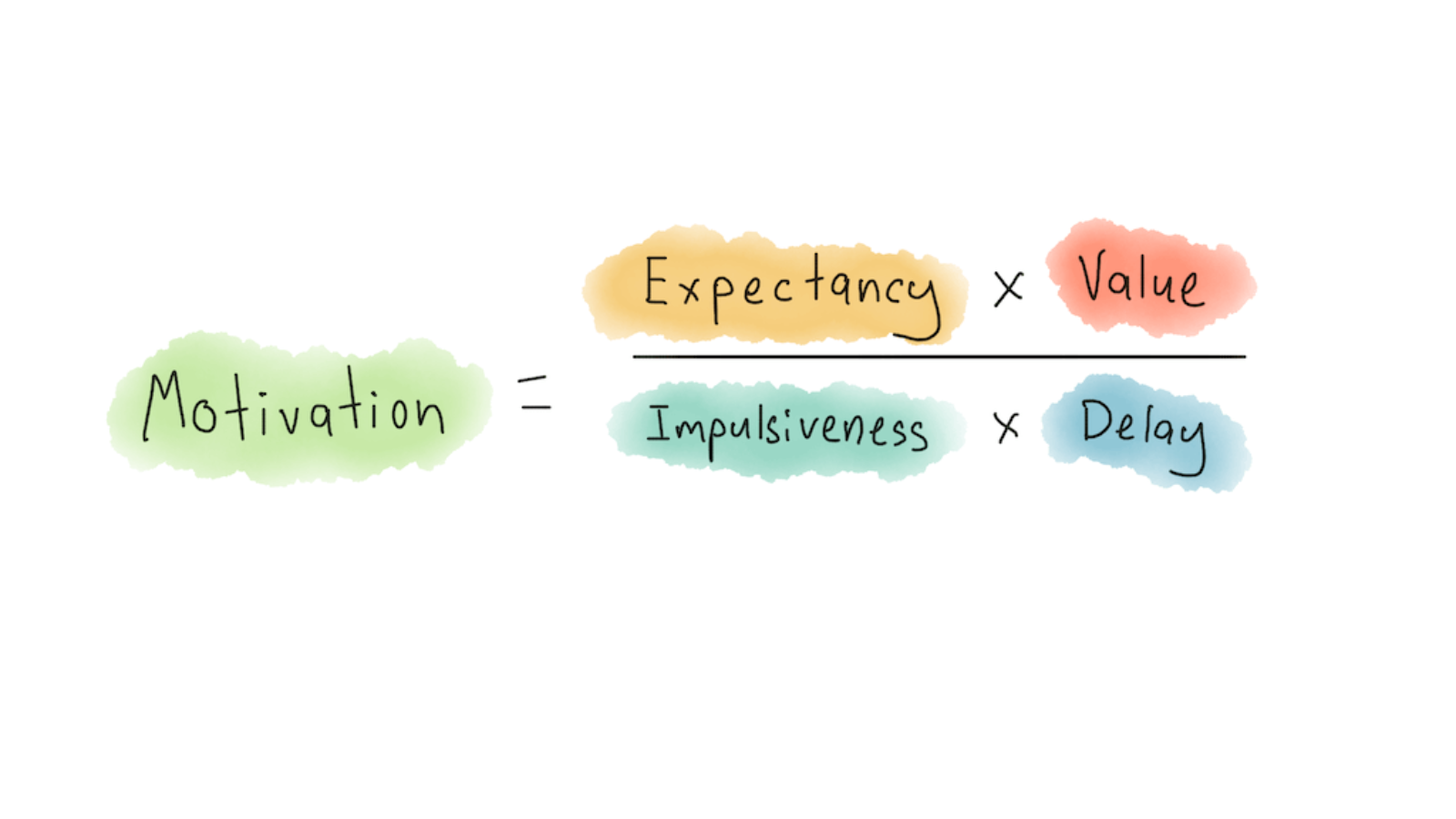How to stop putting things off and start getting stuff done…
95% of us procrastinate, but interestingly perfectionists aren’t the guilty ones.
Sam, quite talented, positive, but yet to make his first sale, the rejections after rejections demoralized him. He organizes his desk, surfs the internet, keep presentations ready, and puts off his cold calls until potential clients are leaving for the day
In other department, Sarah, stares at the blank page of word doc, her write up for VP speech is due tomorrow is boring. She takes a break, go out, watch movies to find herself even less motivated to write than before. She dives in at mid night, pressing deadline, results into a terrible essay
Next lane, Jobish, Got all his preparations done for his vacation to Singapore, visa, plane tickets, shopping for wife and kids. He still needs to book a hotel room, which can be done anytime, it hardly takes time. He keep delaying it, work projects deadlines took over and forgets about it altogether. It’s time to leave tomorrow, while packaging he recalls to book the room, but there are none by the beach, which his wife needed specifically.
“This book is about every promise you made to yourself but broke.”
The Procrastination Equation by Dr. Piers Steel is one of the best motivation and procrastination books.
Steel is one of the world’s leading researchers on the science of motivation and procrastination and the inventor of the procrastination equation – an equation that is able to explain every scientific finding on procrastination ever.
This book is about hacking motivation and getting ourselves motivated for anything we want. It’s a great read with lots of practical advice for improving our lives.
Sam, Sarah and Jobish are procrastinators, but in different ways.
Sam’s problem is “low expectancy”. He expects failure, and low expectancy of success from making next round of cold calls. Results from 39 procrastination studies show that low expectancy is a major cause of procrastination.
Sarah’s problem is “low value” of task for her. Taking a break, watching shows is easy, but it’s not easy to start doing your taxes. Dozens of scientific studies shows that, we put off things we don’t like to do.
However, Jobish’s problem is strongest predictor if procrastination. Jobish could have booked the hotel in advance. Work and other distractions with urgency, until last minute, left him with poor selection of rooms. Several Studies have shown that procrastination is closely tied to Impulsiveness

(image source: www.procrastinators-united.tumblr.com)
Impulsiveness fits into a broader component of procrastination: time.
An event’s impact on our decisions decreases as it’s temporal distance from us increases. We are less motivated by delayed rewards than by immediate rewards, and the more impulsive you re,the more your motivation is affected by such delays
Expectancy, Value, Delay, and impulsiveness are the four major components of procrastination. Author Piers Steel, a leading researcher on procrastination, explains:
Decrease the certainty or the size of a task’s reward – its expectancy or its value – and you are unlikely to pursue its completion with any energy. Increase the delay for the task’s reward and our susceptibility to delay – impulsiveness – and motivation also dips.
This leaves us with “the procrastination equation”:
Motivation = (Expectancy x Value) / (Impulsiveness x Delay)
Increase the size of a task’s reward (including both the pleasantness of doing the task and the value of its after-effects),and your motivation goes up. Increase the perceived odds of getting the reward, and your motivation also goes up
Hence the denominator, which covers the effect of time on our motivation to do a task. The longer the delay before we reap a task’s reward, the less motivated ware to do it. And the negative effect of this delay is amplified by our level of impulsiveness. For highly impulsive people, delays do even greater damage to their motivation
The Procrastination Equation into Action
As an example, consider a final semester student who has an idea to make some products wants to get into startup world after graduating. Unfortunately, for him, there could be lots of components storming into procrastination.
Getting into startup is exhaustive (low value)
The results are uncertain (low expectancy)
And you never know how long it will take to get traction (high delay). Until then how will you survive?
But there’s more. Parents, relatives, friends in general, might be the most distracting people on earth. There are always pleasures to be had with a job and fixed salary income (weekend party’s with friends, clubbing, games, events, outing with family etc.). Now wonder that starting one’s own company is hell of a job to think and venture into and it can’t be done. These potent distractions amplify the negative effect of the delay in the task’s reward and the negative effect of the student’s level of impulsiveness.
So the question is How to beat Procrastination?
But How?
Stay tuned to learn this in Part-II of this blog
Till then, happy reading…!!
About Author: Dr. Piers Steel is one of the world’s leading researchers and speakers on the science of motivation and procrastination. Winner of the Killam Emerging Research Leader award, he is considered the top new professor at the University of Calgary, where he teaches human resources and organizational dynamics at the Haskayne School of Business. He has been studying procrastination and its impact for more than ten years—and spent the decades before that as a procrastinator himself. Dr. Steel’s research has been reported thousands of times around the world, ranging from Psychology Today and New Scientist to Good Housekeeping and The New Yorker. He lives in Calgary, Alberta, with his wife and two sons.
(feature image source: www.learnfromblogs.com)

